Even if you’re super strict about your diet and exercise, it’s impossible to avoid all the environmental toxins bombarding your system every day. These toxins, ranging from pesticides and heavy metals to BPA and cosmetics, are deeply ingrained in modern life.
Following a healthy Paleo lifestyle will help you cut down – but not completely eliminate – this unhealthy exposure.m
What Is Milk Thistle?
Milk thistle (Silybum marianum) is a flowering herb in the Asteraceae family, which also includes ragweed, chrysanthemums, marigolds, and daisies. Native to the Mediterranean, it now grows widely across many regions of the globe. Some people even consider it a weed!
In need of a sugar detox?
Click here to get your FREE Sugar Detox Guide + Sugar-Free Recipes!
[tweet_quote] Some may consider milk thistle a weed, but it boasts a ton of health benefits![/tweet_quote]
Milk thistle flowers are reddish purple. The plant gets its name from the white fluid secreted from its leaves when they are crushed (1). The leaves themselves also contain white splotches or veins.
The seeds are edible, and many people enjoy this flower as tea as well. But, for reasons you’ll see in just a bit, most people prefer to take it in supplement form for a more concentrated dose.
Milk Thistle Has Detoxed Livers for Thousands of Years
People have been using milk thistle to address health ailments for thousands of years. Dioscorides, a Greek physician, described milk thistle’s healing properties before 100 AD (2). Use continued throughout the Middle Ages, the industrial revolution, and until today.
For the vast majority of that time, milk thistle was prized for its ability to help detoxify the liver. It’s often the go-to natural supplement for people dealing with cirrhosis, alcoholic hepatitis, or liver poisoning.
Why?
A lot of it has to do with silymarin, the active component extracted from milk thistle seeds. Silymarin, which is actually a group of flavonoids, provides the liver-protecting effect (3).
Researchers have found that the silymarin actually inhibits toxins’ ability to bind to membrane receptors within liver cells (4).
Numerous animal studies found that silymarin protected the liver against toxins like:
We don’t have equivalent human data, as those types of experiments would be clearly unethical. But one review of 36 different studies found that silymarin reduced liver-related mortality in alcoholics with liver damage (6). Another focused on people with non-alcoholic fatty liver disease and found that milk thistle reduced potentially dangerous liver enzymes (7). [tweet_quote] Concerned about your liver health? Milk thistle can help both detox and reverse damage![/tweet_quote]
This amazing herb doesn’t just help detox the liver. It can even potentially reverse past damage to liver cells. One study exposed rats to ethanol and found that silymarin helped regenerate liver cells afterward (8).
Your liver is your front-line defense against environmental toxins. Adding this supplement to your diet is a straightforward way to strengthen that protection and keep toxins where they belong – outside your body.
More Milk Thistle Health Benefits
Milk thistle’s liver-protecting effect is pretty amazing. But because it’s so well-known, sometimes it causes us to overlook the other things it can do.
Scientists have done additional research and discovered a host of other benefits. Some have been proven more conclusively than others. But all offer promising possibilities and further motivation to give this supplement a try.
Here are a few impressive milk thistle benefits – beyond liver detox.
Milk Thistle Has Antioxidant Properties
The compounds that make up silymarin are powerful antioxidants (9). These antioxidants can help protect your body against oxidative stress, which can lead to a host of physical and psychological problems when left unchecked (10).
[tweet_quote] Supplementing with milk thistle can help protect your cells against free radicals.[/tweet_quote]
Researchers aren’t exactly sure how the process works. One review published in the journal Antioxidants narrowed it down to seven potential mechanisms (11).
Silymarin has also been shown to boost the body’s ability to create glutathione. Milk thistle extract increases glutathione levels and decreases the reduction after exposure to toxins (12). This is important because glutathione is considered the “master antioxidant” within the cells and protects against damage from free radicals.
Milk Thistle Can Help Control Diabetes
Silymarin may also help restore blood sugar control and improve insulin sensitivity for those struggling with diabetes.
One year-long study split 60 diabetics with alcoholic cirrhosis into two groups and gave one group 600 milligrams of silymarin daily in addition to the standard insulin treatment. The researchers noted a significant decrease in fasting blood sugar and insulin levels, as well as a decreased need for exogenous insulin (13).
In another study, researchers explained why this might happen: reduced biomarkers of oxidative stress. They divided type 2 diabetics into two groups and gave one silymarin supplements. At the end of the four-month study, they noted significant decreases in fasting blood glucose, HbA1c, and LDL cholesterol (14).
Milk Thistle May Improve Heart Health
Various animal and lab studies suggest that milk thistle could potentially lower cholesterol and improve overall heart health.
One animal study found that silymarin’s antioxidant effect helped prevent LDL cholesterol from becoming oxidized (15). Another study noted silymarin’s anti-atherosclerosis (the buildup of fats and cholesterol on the artery walls) effect and demonstrated a potential mechanism. Silymarin inhibited adhesion molecules in human endothelial cells (16).
We need a lot more research focusing on healthy human subjects before we can confirm that milk thistle improves heart health. But the results so far have been intriguing.
Milk Thistle Has Anti-Aging Effects
Milk thistle’s one-two punch of: 1) scavenging for free radicals and 2) helping the liver remove toxins can create an anti-aging effect.
This makes a lot of sense when you think about it. Your skin is just another organ. As your health improves internally, your skin condition improves to reflect that. [tweet_quote] Liver detoxification can lead to all sorts of health benefits — including healthy, glowing skin![/tweet_quote]
One study irradiated mice with UV rays. One group of mice received a topical application of silymarin before UV radiation; the second group didn’t. The researchers found that the silymarin inhibited UV-induced oxidative stress (17).
This is important because UV exposure photo-ages the skin, leading to wrinkles, blemishes, and other visible signs of aging. It can also trigger skin cancer. Some researchers have even suggested that silymarin “may favorably supplement sunscreen protection” and help protect against damaging UV effects (18).
How to Take Milk Thistle
There are plenty of different ways to add this supplement to your diet. You can buy and eat the seeds – or even grow your own. You can drink milk thistle tea. Or choose from a multitude of capsules, extracts, or other supplements.
With all the options out there, it’s easy to feel overwhelmed. So let’s break them down.
Milk Thistle Seeds
Milk thistle seeds are edible. Because the plant grows abundantly in so many areas, you can find the seeds at health food stores, online, or even grow your own.
One thing to consider is the taste: these seeds are oily and sweet. Some people don’t care for them. Other people love them, grinding them up in their smoothies or toasting them and adding them to salads.
Even if you like the taste, you’d have to eat a whole lot of seeds to get the equivalent dose you’d get from a specially designed supplement. [tweet_quote] It’s best to supplement with milk thistle, instead of eating the seeds, to get the full benefit.[/tweet_quote]
It isn’t milk thistle itself you’re after if you want to reap the health benefits above. It’s silymarin, the active compound. Each seed only contains a little silymarin. Supplements or extracts are a much easier way to consume a significant amount.
Eating the seeds themselves won’t do you any harm, but it’s pretty impractical (and expensive) to munch on them all day in hopes of experiencing health benefits.
Milk Thistle Tea
You can also buy milk thistle tea from reputable brands like Alvita, Celebration Herbals, and The Republic of Tea.
This might be attractive because you get a nice, relaxing beverage and a milder taste than if you ate the seeds.
Again, the downside here lies in the dose. It’s hard to determine exactly how much silymarin a cup of this tea contains, and there’s certainly variety from brand to brand. But having a cup or two of tea is a far cry from the amount you’d find in a supplement.
Bioavailability is another factor. How well can your body absorb the key compound in liquid form? Not too great, apparently, as research published in the Indian Journal of Pharmacology noted that silymarin has poor water solubility (19).
Just like with eating the seeds, having a cup of this tea isn’t going to hurt you. It might even help a little, so if you enjoy the taste, go for it. Just realize that supplements are really the way to go in terms of: 1) getting a significant dose and 2) convenience.
Milk Thistle Extracts and Supplements
Supplements are also widely available. While the quality (and price) varies significantly among brands, overall they offer the most convenient option.
The biggest factor to watch for when assessing a brand is silymarin concentration. The higher, the better.
You can pick up supplements at the grocery store, health food shop, or online. Here are a few quality brands if you’re having trouble making a decision:
- Jarrow Formulas Milk Thistle
- Puritan’s Pride Milk Thistle Extract
- Sonora Nutrition Milk Thistle Standardized Extract
Potential Side Effects of Milk Thistle
For the vast majority of people, milk thistle is extremely safe. There is less regulation because the FDA considers it a supplement instead of a drug, but multiple studies have assessed the safety and haven’t found any significant health consequences (20, 21, 22).
The most common potential side effect seems to be loose stool and/or other gastrointestinal discomfort. But that tends to be on the high end of the daily dosage. If you experience that, try cutting your intake down and tracking the results.
People who are allergic to ragweed or any other plants in the Asteraceae family are better off avoiding milk thistle as well. If just being around that stuff makes you break out or launch into a sneezing fit, ingesting it in supplement form will make you miserable.
Also, people taking medications for allergies, high cholesterol, anxiety, or blood thinners should definitely consult with their doctors before supplementing (23). Because milk thistle affects the liver, it can counteract certain types of medications.
Finally, as tends to be the norm for most natural supplements, expecting and breastfeeding mothers should avoid milk thistle.
The Bottom Line
Milk thistle isn’t a cure-all or magic solution.
Yes, it will help detoxify your liver and can lead to some other cool health benefits. But if you’re flooding your system with things like alcohol, caffeine, and processed foods, expecting to just take a supplement and have it undo all the damage is unrealistic.
More research needs to be done to corroborate some of the other health benefits noted above and fully understand how milk thistle works. But, because the initial research has been promising and milk thistle is extremely safe for most of us, it’s worth a shot – if even just for the liver detox benefits.
Focus on establishing a healthy foundation of nutrition, exercise, sleep, and stress management first. Then you can worry about supplements.
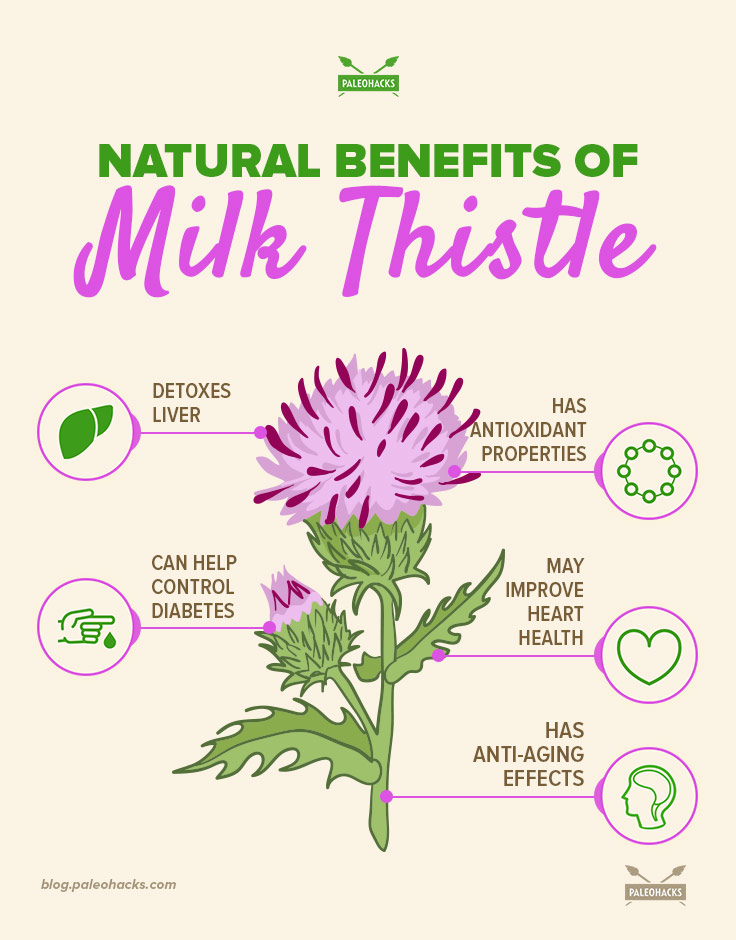
Have you tried milk thistle before? If so, what effects did you notice after you started taking it? Leave a comment below and share your experience!


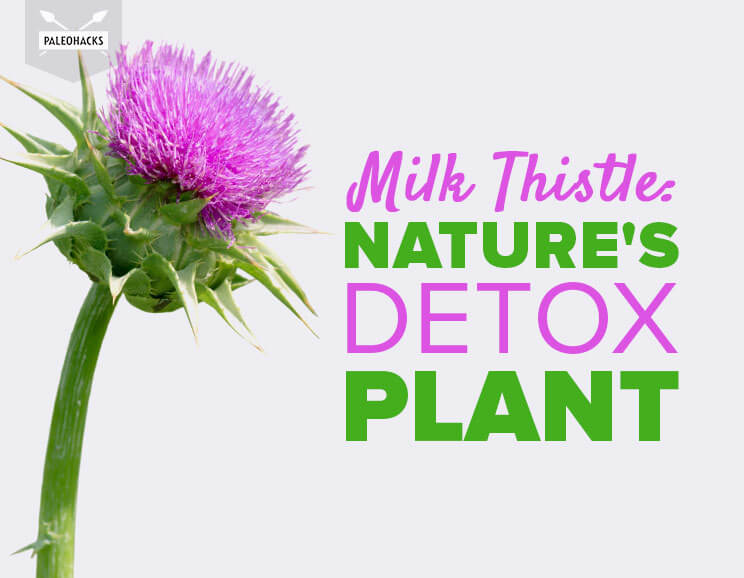
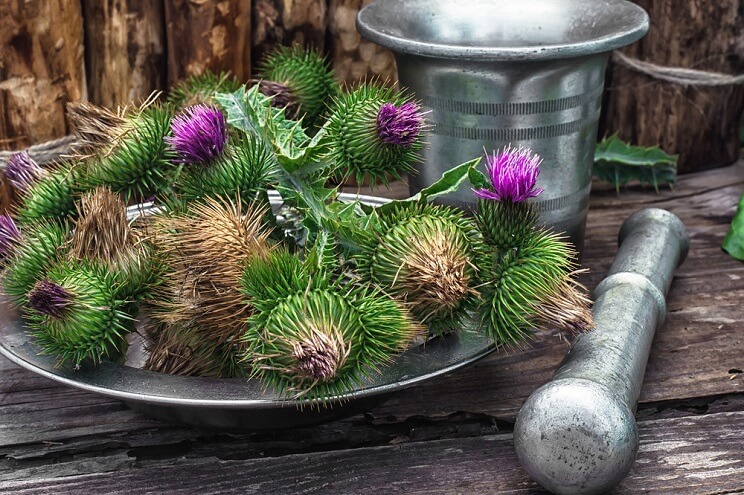




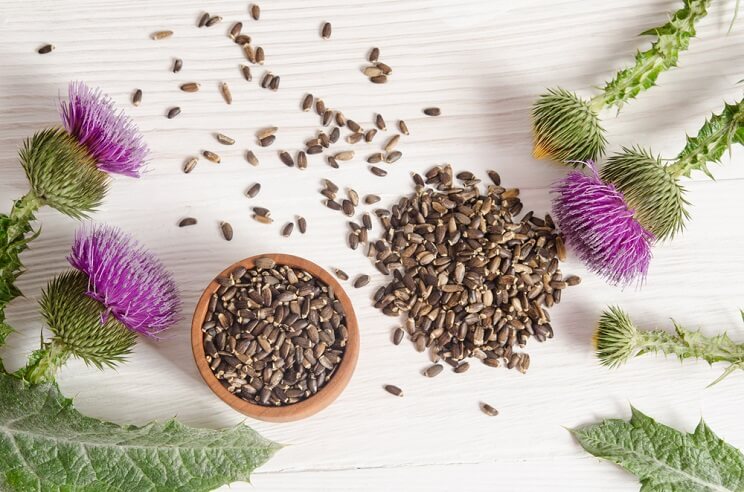
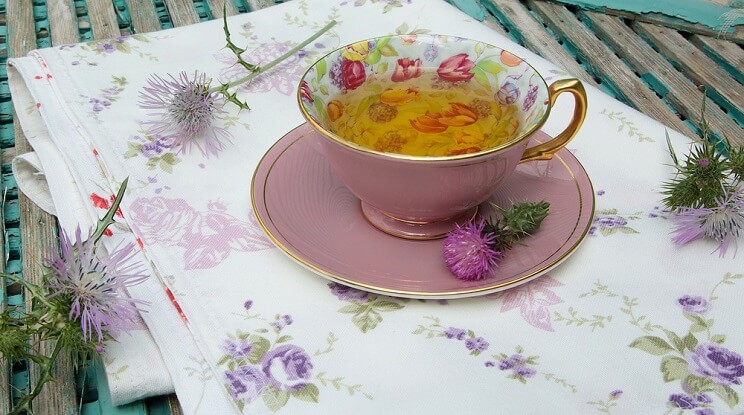
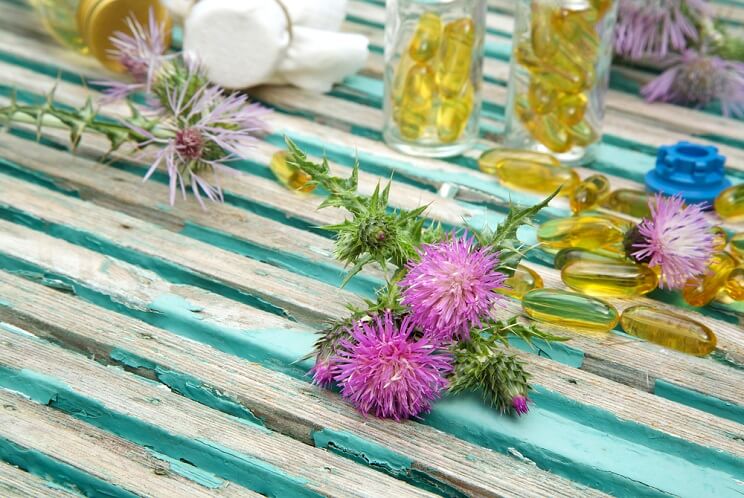
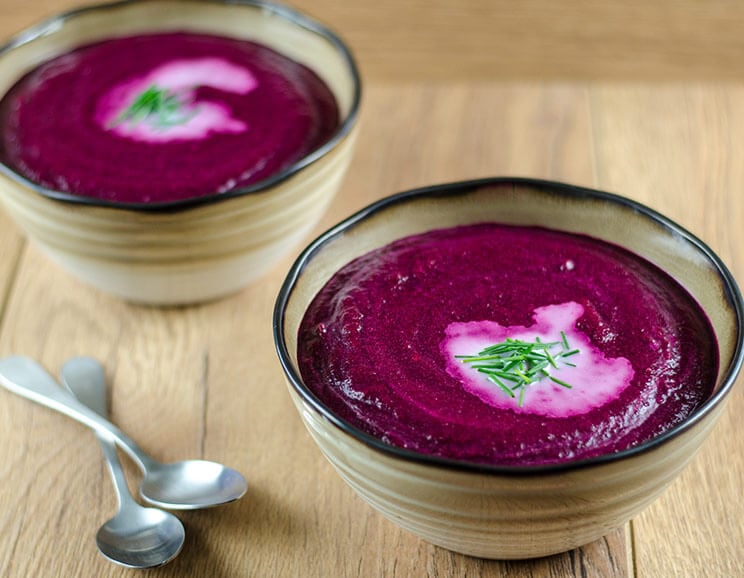 Detox Beet Soup with Coconut Milk
Detox Beet Soup with Coconut Milk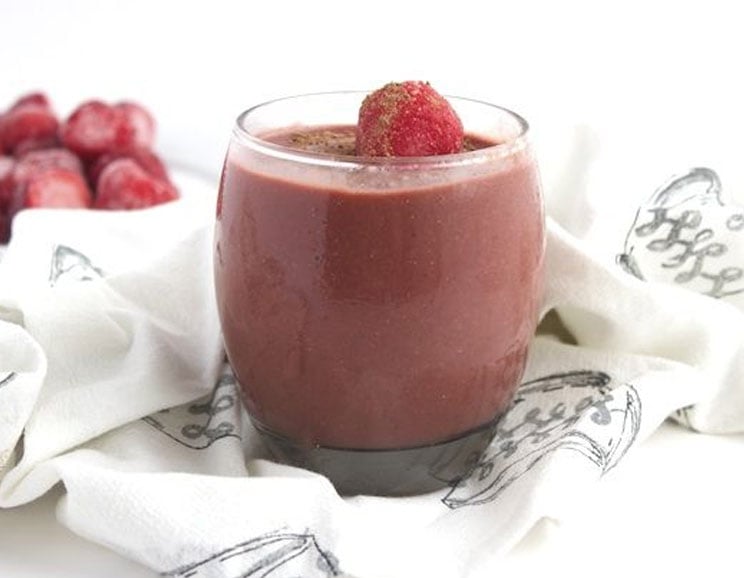
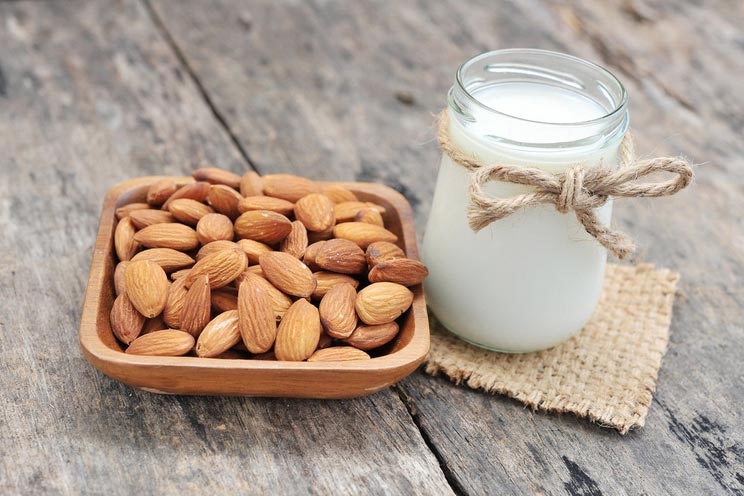

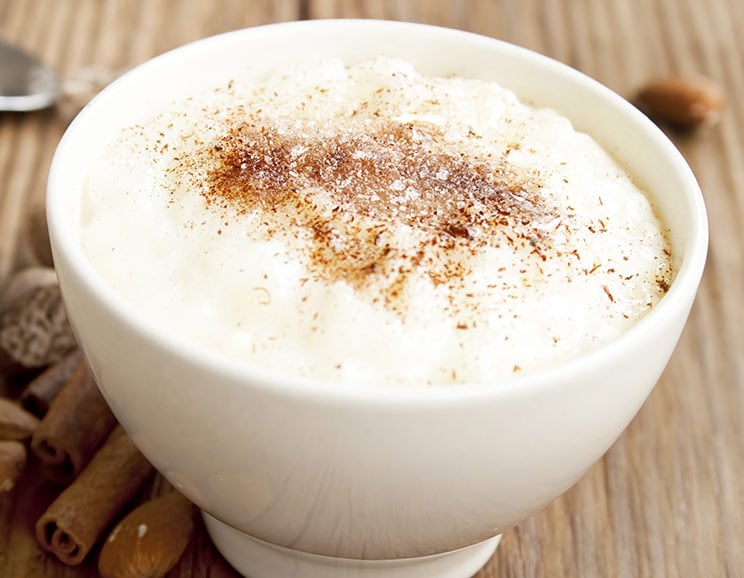
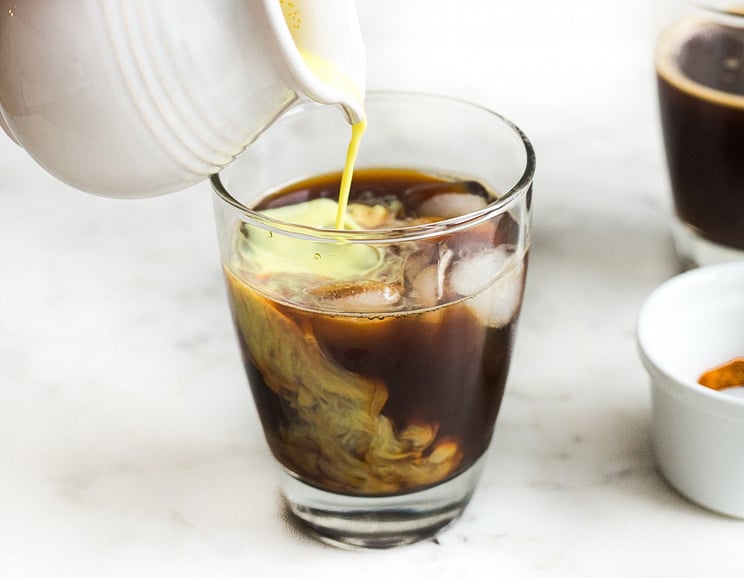
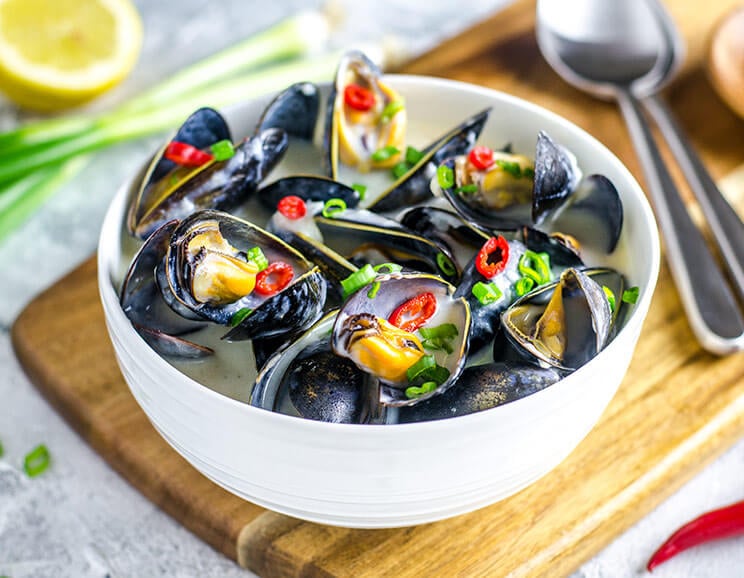


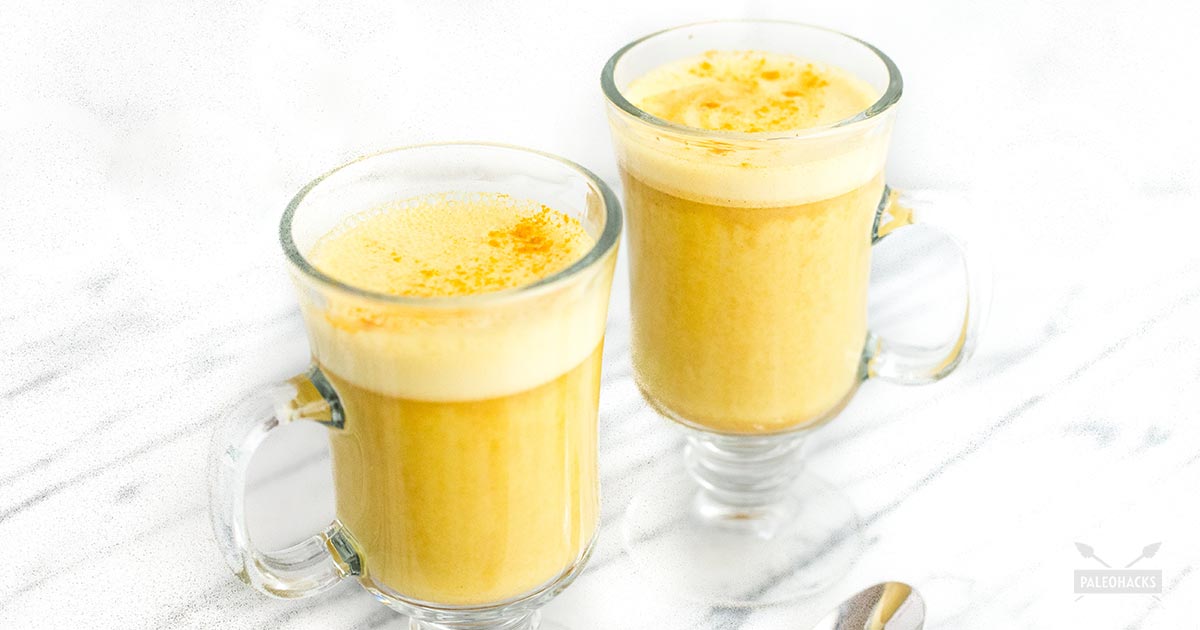
Show Comments